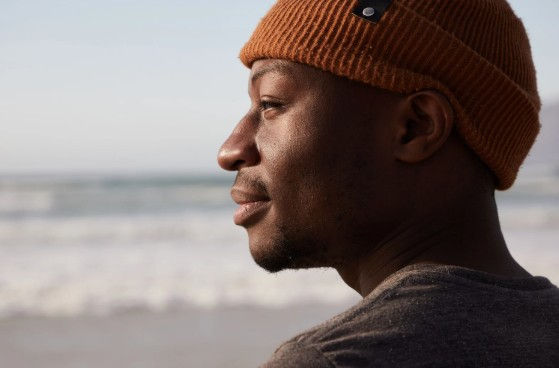What Does Therapy Look Like? Debunking Myths in Communities of Color
- Wellness for Our Future, LLC

- Aug 20
- 3 min read
For many people in communities of color, therapy can feel unfamiliar or even unnecessary. Messages passed down from generation to generation may suggest that seeking help means something is wrong with you or that mental health struggles are just a sign of weakness. These myths have caused many individuals and families to suffer in silence, carrying emotional pain that could be addressed with support and understanding.
The truth is that therapy is a powerful tool for healing, growth, and clarity. It is not just for people who are in crisis. Therapy is for anyone who wants to understand themselves better, build healthier relationships, or process life changes and emotional wounds. In fact, mental health support for communities of color is more important than ever, especially as we continue to navigate stress, systemic injustice, and generational trauma.

What Therapy Really Looks Like
Therapy is not lying on a couch while someone analyzes everything you say. It is a conversation built on trust, where your voice matters. You and your therapist work together to understand your emotions, identify patterns, and create tools for moving forward. A good therapist will honor your cultural background, listen without judgment, and support you in defining what healing looks like for you.
You do not have to give up your values or traditions to benefit from therapy. In fact, culturally competent therapists are trained to respect and work within your worldview. Whether your healing involves prayer, community, storytelling, or silence, therapy can make space for it.
Common Myths That Hold Us Back
One common myth is that therapy is only for people who are "crazy" or who cannot handle life. This idea is not only false but harmful. Mental health is just as important as physical health, and therapy is like going to a doctor for emotional support.
Another myth is that therapy is only for white people. In reality, people of all backgrounds and identities can benefit from therapy. More therapists today specialize in therapy for Black communities, therapy for Latinx clients, and mental health support for immigrant families, recognizing that healing must be grounded in lived experiences and cultural understanding.
Some believe that therapy means airing out family secrets or shaming loved ones. But therapy is not about blame. It is about reflection, choice, and change. You get to decide what to share, how to share it, and what you want to gain from each session.

Therapy as a Brave Step Forward
Reaching out for help is not a sign of weakness. It is a sign of strength. You are choosing to break cycles, to speak what was once silenced, and to care for your mind and spirit. If you have ever felt like you had to be strong for everyone else, therapy can be the place where you finally get to be supported.
Healing in communities of color often begins with one person daring to say, "I deserve more." You are not alone in this. There is help. There is hope. And there is healing available that honors who you are.
If you are curious about therapy but unsure where to begin, we are here for you.
📞 Call us at (781) 817-3956
🌐 Visit www.wellnessfof.org
📧 Email us at inquiry@wellnessfof.org
You deserve support that understands your story. Therapy can be your first step toward healing and peace.




Comments